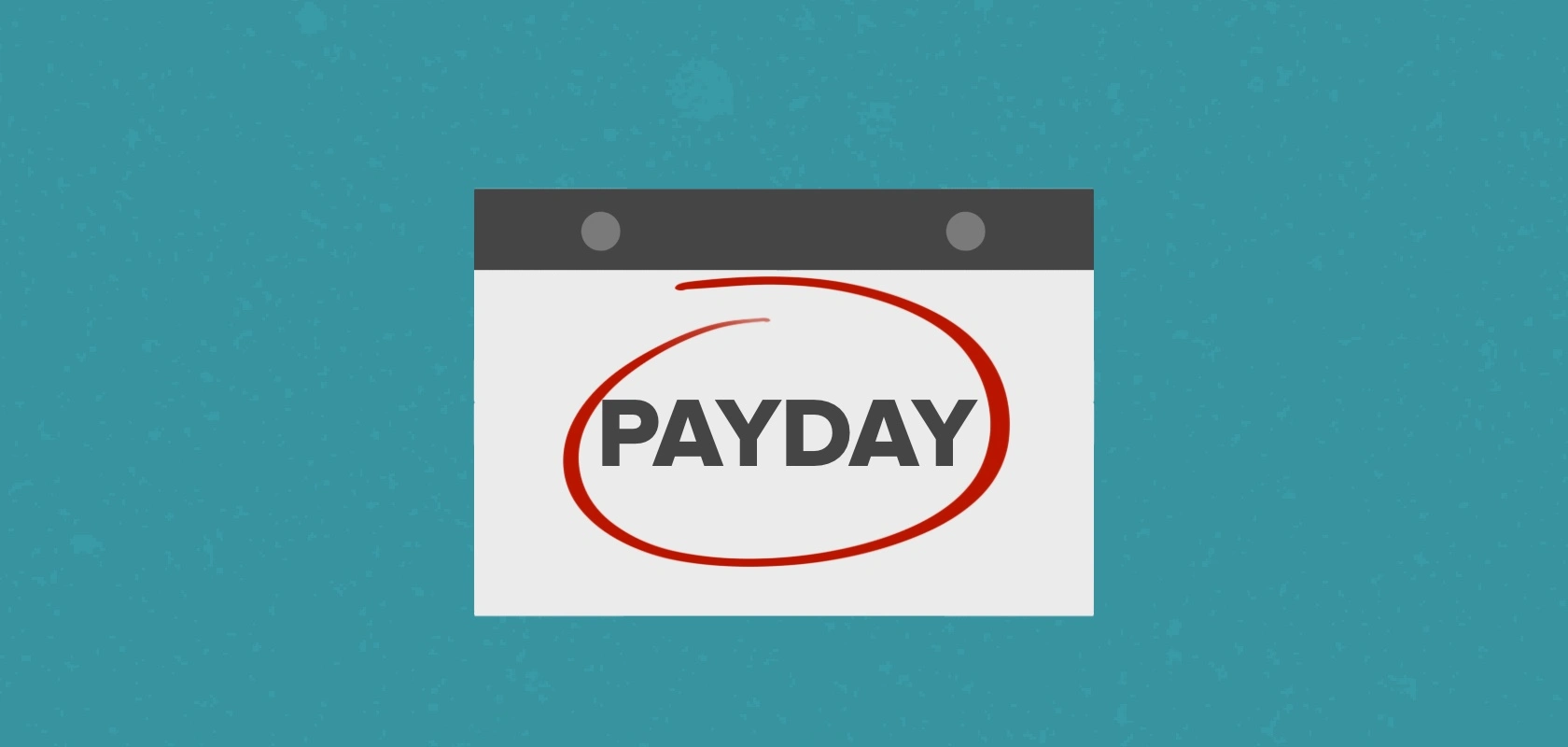
Creating an estate plan is a crucial step in ensuring your wishes are respected. One key element often overlooked is the power of attorney. This is a legal document that allows someone else to make decisions for you if you are unable. There are three main reasons why a power of attorney is essential for your estate plan. First, it provides peace of mind. Knowing that a trusted person can handle your affairs if needed gives you security. Second, it prevents legal battles. Without it, family disputes or court interventions could arise. Third, it offers flexibility. You can choose how much authority to grant and under what circumstances. The Ebbert Law Firm stresses the importance of including a power of attorney in your estate plan to safeguard your interests. This simple step can save time, reduce stress, and ensure that your preferences are honored.
Understanding Power of Attorney
A power of attorney is not just a legal formality. It is a vital tool that ensures someone you trust can manage your affairs. There are two main types: financial and medical. A financial power of attorney lets someone handle your money matters. A medical power of attorney allows someone to make healthcare decisions on your behalf.
Each type has specific roles and responsibilities. For example, a financial agent can pay your bills or manage your investments. A medical agent can consent to or refuse treatments based on your preferences. Understanding these roles helps you choose the right person for each task.
Legal and Family Benefits
Involving a power of attorney in your estate plan offers significant legal and family advantages. Legally, it reduces the chance of court interventions. Courts often get involved if no power of attorney is in place and decisions need to be made. With a power of attorney, these matters stay within the family, minimizing external interference.
For families, it can ease tensions. Clear instructions and designated agents prevent misunderstandings. When everyone knows who is responsible, it creates harmony and avoids potential conflicts.
How to Choose the Right Agent
Choosing an agent is a critical decision. You need someone you trust implicitly. Consider their ability to handle responsibilities, their relationship with you, and their willingness to act on your behalf. Ideally, they should live nearby or be easily accessible to manage affairs promptly. Discuss your intentions and ensure they understand your values and wishes.
Key Features of Powers of Attorney
| Type | Purpose | Authority |
| Financial Power of Attorney | Manage financial and legal affairs | Pay bills, manage investments, handle legal matters |
| Medical Power of Attorney | Make healthcare decisions | Consent to treatments, choose healthcare providers |
Legal Assistance and Resources
While creating a power of attorney, it’s wise to seek legal advice. Legal experts can help tailor it to your needs and ensure all legal standards are met. For more information, the American Bar Association offers insights on powers of attorney. Additionally, the National Institute on Aging provides resources on advance care planning.
Conclusion
Including a power of attorney in your estate plan is a smart choice. It protects your interests, eases family burdens, and ensures your wishes are respected. By taking this step, you gain control over who will act on your behalf. Approach this decision with care and use the resources available to guide you. This essential document provides a foundation for a secure and harmonious future.




